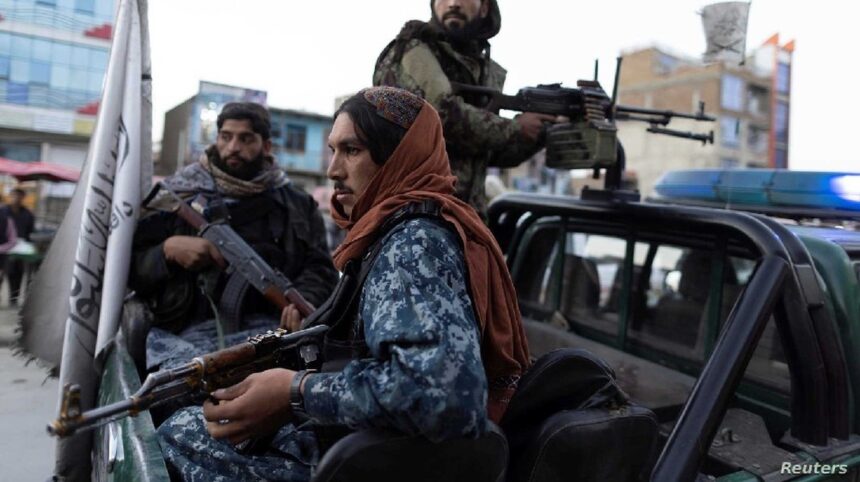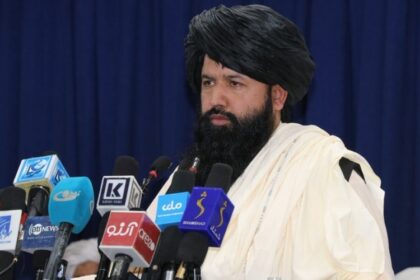RASC News Agency: On the fourth anniversary of Afghanistan’s collapse into Taliban hands, a coalition of United Nations human rights experts has issued a searing indictment of the regime, accusing it of institutionalised gender apartheid, systematic human rights violations, and flagrant contempt for international law. In an unequivocal warning, they urged the international community to resist the Taliban’s orchestrated campaign to present themselves as a legitimate government. According to the statement, the Taliban hold neither democratic mandate nor legal authority, yet have entrenched a regime of repression unprecedented in modern Afghanistan’s history. Their rule has been defined by the wholesale erasure of women from public life, the suffocation of dissent, politically motivated reprisals, the closure of independent media outlets, and a state-sanctioned campaign of ethnic, religious, and gender-based discrimination particularly targeting Hazara, Tajik, and Uzbek communities.
The experts stressed that the Taliban’s gender policies are not merely administrative restrictions but constitute a textbook case of crimes against humanity under international conventions. They welcomed recent moves to issue arrest warrants for Taliban leaders and called for the creation of permanent international judicial mechanisms to prosecute the architects of the regime’s brutality. The report outlined a chilling inventory of abuses:
Public executions and mass floggings conducted in town squares to instil fear. Torture and sexual abuse within detention facilities. Enforced disappearances of activists, journalists, and former government officials. Systematic suppression of religious freedom. Widespread internal displacement caused by targeted ethnic persecution. These policies, the experts warned, are dismantling the very fabric of Afghanistani society and holding the country’s future hostage.
Rejecting the notion that Taliban rule is an “unavoidable reality,” the UN experts called for the formal criminalisation of gender apartheid, the rapid expansion of funding for Afghanistani civil society, the restoration of international humanitarian aid, and renewed investment in sustainable development. They also sounded the alarm on the worsening plight of Afghanistani refugees and internally displaced persons, stressing that forced mass deportations from Iran and Pakistan are feeding a humanitarian crisis of historic scale. Abandoning these vulnerable populations, they warned, would pave the way for a disaster measured in lives lost and futures stolen.
In closing, the experts underscored that genuine, lasting change must be Afghanistan-led and rooted in national consensus, but every day of international hesitation strengthens the Taliban’s grip and deepens the humanitarian toll. “The cost of delay,” they concluded, “will be paid in the silenced voices of millions, in the dismantled dreams of an entire generation.”






